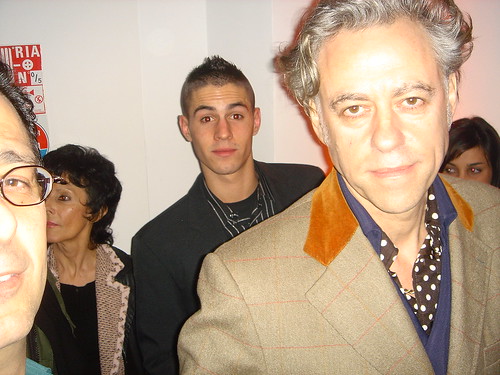
My final impressions of the MDG summit, the UNGA sessions I saw on the web, and the Clinton Global Initiative boiled down to three main things: optimism, self-interest, and the private sector.
1) Optimism: there was a relentless focus on the achievements that have been made to date toward the MDGs, rather than much discussion of how far we have to go. We’ve missed the boat already on many of the Millennium Development Goals, and that really didn’t come up all that much. It could be manufactured, as ODI suggests on their blog. Or it could reflect the fact that we all knew that we’d miss the MDGs anyway. It’s not a surprise that we’re falling short at this point.
2) Self-interest: Over and over, speakers talked about the benefit to the donor of supporting international development. Both President Obama and Secretary Clinton talked about development’s benefits to the United States, and about development as a pillar of US foreign policy. Corporate representatives talked about the benefit of international development to the private sector. Even Greenpeace, at their closing session at the Digital Media Lounger, talked about the economic benefits of green energy.
It seems we’ve given up on human altruism, and now we’re framing our moral imperatives as self-interest. As long as it works to support development, it’s okay with me. But I wonder what happens when development doesn’t show the immediate benefit to the wealthy world that we’ve been promised?
3) Private Sector: I wrote about this on the End the Neglect blog but it bears repeating. The partnership of business with NGOs and governments was a big story this week. Coca-Cola was everywhere, and other companies were right there with Coke. The private sector has decided it’s in their interest to support development, and governments have decided it’s time to encourage it. This is going to have a huge impact on the way international development efforts are supported and implemented. I doubt that impact is going to be 100% positive.
Disclosure: I attended UN Week as an Oxfam VOICE, which funded my trip as part of an effort to increase awareness of the MDGs.
**********



